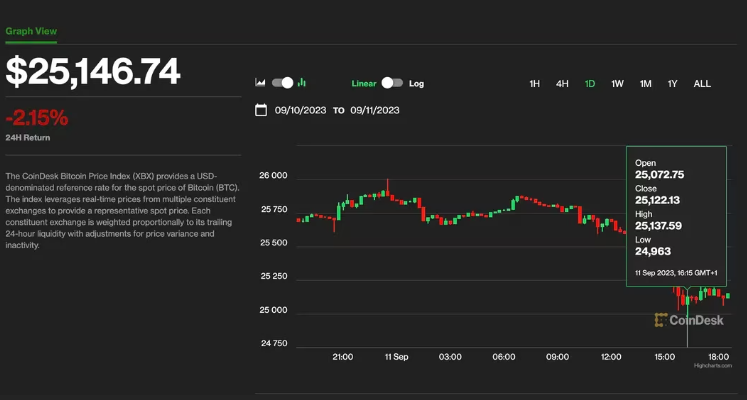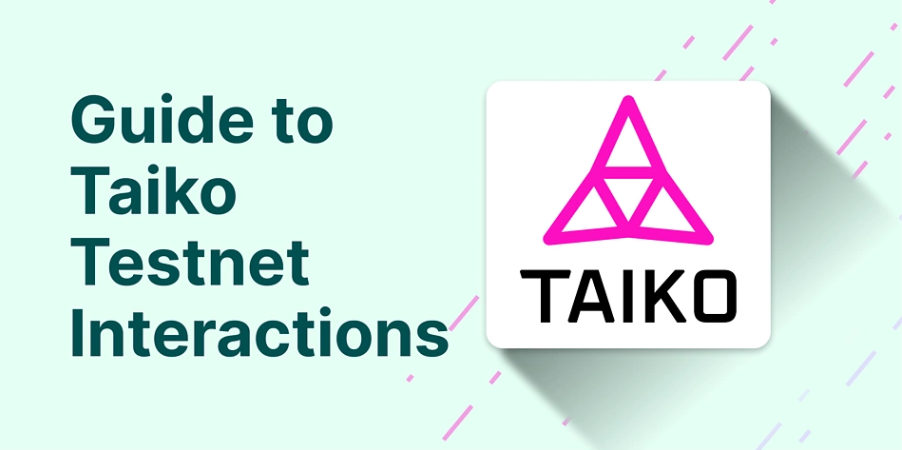Coinbase, a leading name in the world of cryptocurrency exchanges, is again making headlines with its latest launch – the Web3 wallet. This new addition to Coinbase’s expanding arsenal is specifically tailored to meet the transactional needs of major institutions diving into the realms of Web3, DeFi (Decentralized Finance), and NFTs (Non-Fungible Tokens).
What Is the Official Statement?
In an official statement, Coinbase outlined the key features of this Web3 wallet, emphasizing its reliance on MPC (Multi-Party Computation) technology. The wallet is designed to empower clients to securely store tokens from supported networks, access their funds, engage with decentralized applications (DApps) and smart contracts, and tap into the world of decentralized liquidity to trade a wide array of assets.
But that’s not all – this Web3 wallet goes further by offering direct access to the world of DeFi. It enables clients to seamlessly buy, sell, mint, manage NFT collections, and even operate Web3 social accounts. The beauty of it? Clients can access this wallet directly from their existing Coinbase Prime account.
One of the wallet’s standout features is its versatility. It can hold NFTs, DeFi assets, DAO (Decentralized Autonomous Organization) tokens, and crypto tokens from nine different networks. Plus, it boasts a swap feature, allowing users to trade over 33,000 tokens across six major blockchain networks.
Is It a Game-Changer for Enterprises?
Coinbase has its sights set on transforming security and reporting for enterprises. Enter the Coinbase Prime Web3 wallet, meticulously designed to cater to the unique needs of institutional clients. What’s noteworthy is that this wallet is seamlessly integrated into existing enterprise workflows.
The motivation behind creating this wallet was a need for unified and transparent reporting. Coinbase ensures that the wallet keeps a detailed record of all activities, including comprehensive transaction descriptions, making auditing a breeze.
What truly sets this wallet apart is its adaptability to an organization’s security requirements. Clients can configure efficient transaction processing and manage Web3 policies according to their organization’s needs. This means assigning roles to users with specific access levels and mirroring the entity hierarchy employed by the institutional client, simplifying the role assignment process.
It Has a Major Focus on Security
Kevin Johnson, Vice President of Institutional Sales and Trading at Coinbase, highlighted the necessity of such a solution, saying, “More and more, we’re seeing corporations who want to participate on-chain in some way, whether that’s by doing an NFT drop or, in some cases, even voting in DAOs. But they need a safe way to do that.”
To address this need for safety and security, Coinbase has equipped the wallet with robust security features, leveraging the same security protocols as Coinbase Prime. This includes the utilization of 2FA (Two-Factor Authentication) combined with a physical YubiKey, offering an additional layer of offline protection to ensure clients’ systems remain secure.
Furthermore, the wallet comes armed with intuitive risk controls, including approval alerts, compliance and security information alerts, and transaction preview features that provide warnings on transactions. This launch solidifies Coinbase’s commitment to deepening its involvement in the DeFi (Decentralized Finance) arena.
To Sum up
Coinbase’s introduction of the Web3 wallet represents a significant stride in catering to the evolving needs of institutional clients within the crypto space. With a focus on security, transparency, and adaptability, this wallet aims to provide a safe and efficient gateway for enterprises venturing into the exciting world of Web3, DeFi, and NFTs. As Coinbase continues to push the boundaries of innovation, the crypto community eagerly awaits what’s next on the horizon.




